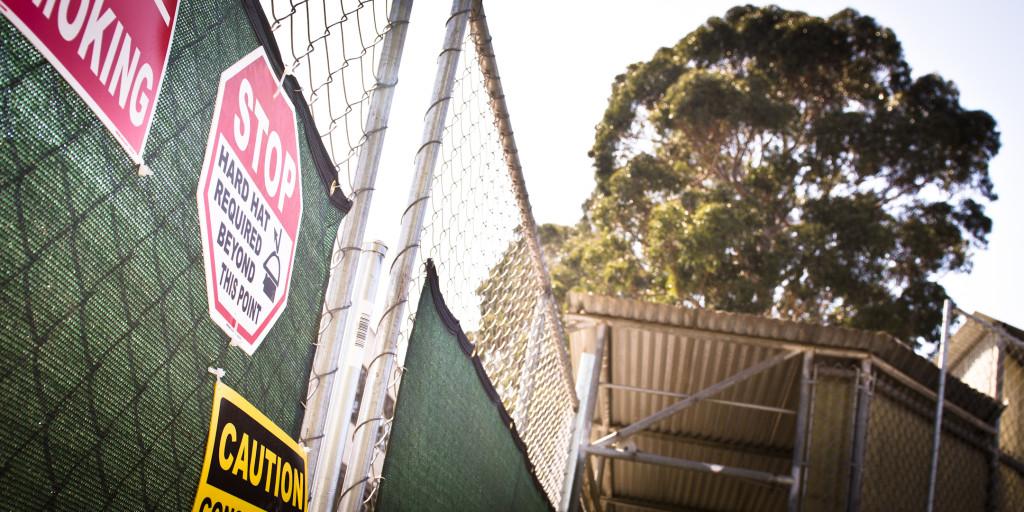The Bookstore not buying back required language textbooks is a problem for both students and teachers, but the bookstore says it’s not their call.
They’ve been criticized for many things over the years, including high prices and e-Textbooks not living up to expectations. The latest issue – the bookstore denies “buy backs” – is something the bookstore doesn’t agree with.
“We buy everything back that we can,” said John Lorelli, director of bookstore services.
This is an opinion not all students share. One of them is Isabelle Fjäll.
“I think they can buy back more than what they actually do,” she said.
It’s a requirement to study a language other than English if a student wants to transfer to a California university. This results in many students taking only the 101 classes and buying the required language books for those classes. Students sometimes pay up to $200 for the required literature.
Fjäll bought her Spanish book with the intention of selling it back after the semester. The buyback staff didn’t accept her book when she tried.
“They had listed a used price on their webpage so I don’t get why they couldn’t accept it,” Fjäll said.
The target for Fjäll and other student’s frustration is the bookstore.
Lorelli means that the problem is that the language books often come with an Internet code. The codes are valid for 18 months, but if a student has used it, it’s useless to someone else.
Associate Professor Francisco Rodriguez teaches Spanish and sees the bookstores standing point as a “legitimate business decision.”
He says that the alternative of buying textbooks and codes separately would increase the cost.
“It would not be in the student’s best interest,” Rodriguez said.
The code for the Spanish classes gives the student access to Quia, an online program used to make studying more effective for students as well as teachers.
Students do the mandatory lab hours and teachers don’t have to “invent the wheel every semester,” as Rodriguez put it.
“Since Quia was just 10 percent of my grade I would rather have saved the money for the code and made sure to do well on the other things instead,” Fjäll said.
Lorelli explains how the bookstore finds them caught in the middle between students and the language department.
“We’re required to give the faculty what they want,” Lorelli said.
This is the reason why the bookstore cannot sell the codes and books separately.
Lorelli says students will benefit from supporting the campus bookstore even if their book’s are not considered for buy back.
“It’s important for us to give back to the school,” he said. “We give back through scholarships, ads in the school paper and sponsorships to the athletic clubs among other things.”
The battle between the students and the bookstore is ongoing.
What’s also ongoing is the fact that only one third of the bookstores buyers use the opportunity to sell their books back, says Lorelli.















